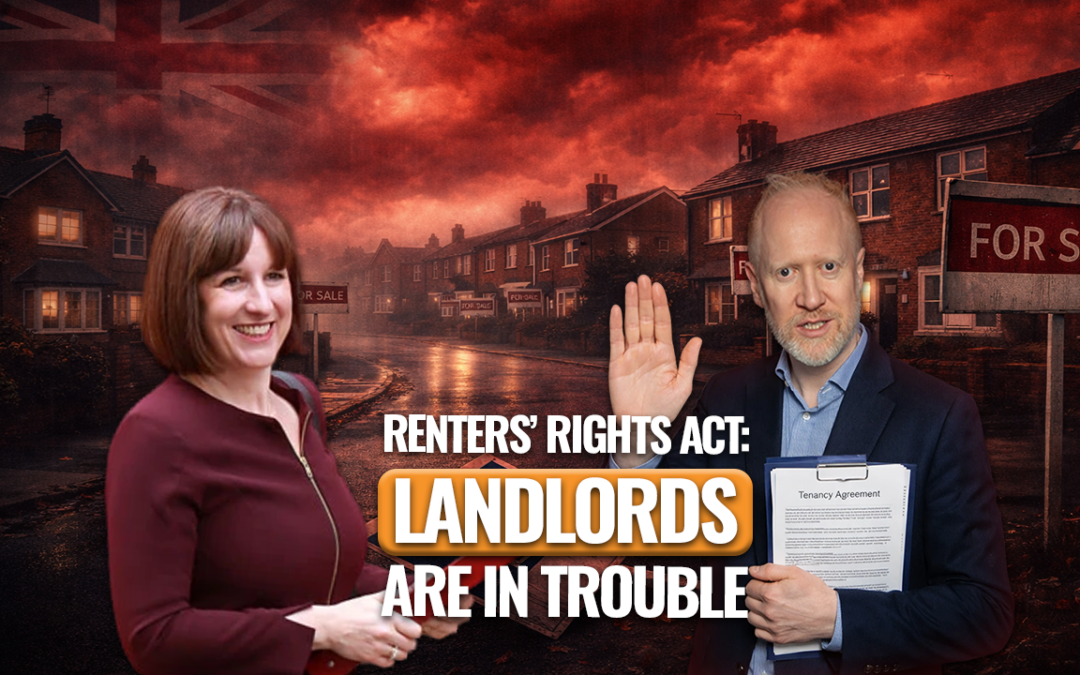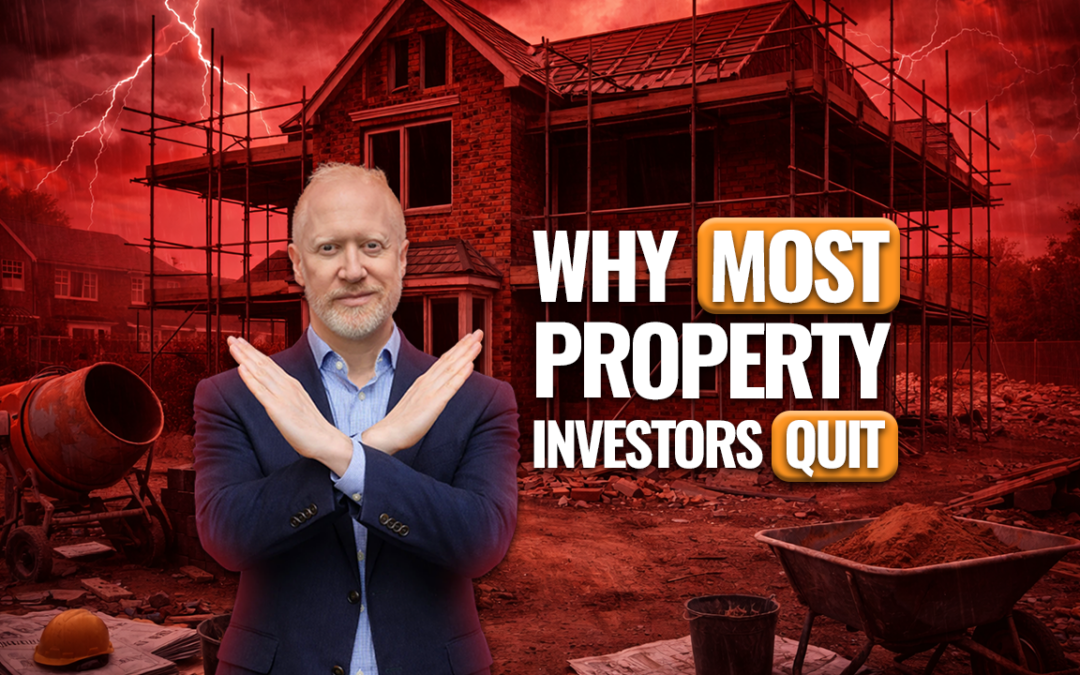As someone who has been investing in property for over 30 years, I often get asked whether a crash is coming in the UK housing market. You might have seen headlines earlier this year reporting a 0.5% drop in property prices in March 2025, according to Halifax. While this initially raised eyebrows—especially since spring is usually a period of growth—it’s essential to look at the bigger picture. Property prices have been steadily rising overall in 2025, so what caused this temporary dip?
Why Did Prices Drop in March 2025?
The unexpected drop in March was largely driven by the stamp duty changes announced in the October 2024 Budget by the Labour government. These changes included increasing the additional stamp duty rate for property investors from 3% to 5%, effective April 2025. The thresholds for stamp duty relief were also reduced, meaning many buyers rushed to complete transactions before the deadline.
As a result, the early months of the year saw inflated activity, followed by a sudden drop-off in March. Thousands of deals—roughly 70,000—missed the cut-off, leaving buyers disheartened. Many first-time buyers, in particular, either gave up or postponed their plans once they realized they couldn’t beat the deadline. This slowdown isn’t a sign of a crash but rather a short-term market distortion.
Are Higher Stamp Duties the End of Property Investment?
It’s easy to feel discouraged by the 5% stamp duty for investment properties, especially on top of increasing regulation and operational challenges. But we’ve seen this before. When the 3% surcharge was introduced in 2016, many investors said it would ruin the market. Fast forward to now, and many of those same investors wish they had bought more back then.
This new change will cause some short-term hesitation, but serious investors will adapt. Yes, the extra cost is frustrating and arguably unfair. It claims to help first-time buyers by limiting investor purchases, but in reality, it mostly serves as a tax grab. Many properties bought by investors—such as large HMOs—are not suitable for first-time buyers anyway.
Landlords Are Leaving, but the Market Is Still Strong
Another factor influencing the market is the ongoing exodus of private landlords. Since Section 24 tax changes were introduced in 2015, many landlords have faced increased tax burdens, particularly as interest rates rose. Some are now paying more in mortgage interest than they receive in rent—and still being taxed on paper profits.
This has reduced the number of rental properties available, which in turn has pushed up rents across the country. A lack of supply continues to underpin the UK housing market, making a major price crash unlikely in the near term. Property remains a solid long-term investment, provided you buy smart and focus on cash flow.
Long-Term Strategies Will Always Win
Market dips like we saw in March should not deter you if you invest with a long-term view. My five golden rules—especially buying in high-demand areas and ensuring cash flow—still hold true. If your investment brings in steady rental income and covers your costs, short-term price fluctuations become irrelevant.
Now more than ever, 2025 is a buyer’s market. There are more sellers than buyers, which means better deals, flexible terms, and creative financing opportunities such as rent-to-rent, purchase options, and vendor finance. This is a great time to buy, as long as you approach it with the right knowledge and mindset.
No one can say with certainty what will happen, but the current data and long-term fundamentals suggest a crash is unlikely. We may see more short-term corrections, but with interest rates easing and housing demand remaining strong, the market is positioned to recover.
If you’re serious about building a successful property portfolio, now is the time to act. Don’t wait on the sidelines. Instead, focus on finding great deals, securing strong rental income, and positioning yourself for long-term growth.












